
Last week, we hosted our Becoming Circular: Revaluing Waste event in collaboration with London Borough of Waltham Forest’s Green Business Network at the Hackney Brewery in Walthamstow.
Designed to spark collective action and provide attendees with the tools to embed circularity in their businesses, the event focused on three key approaches to eliminating waste textiles: Repair, Resale and Redistribution. Read on to find out what went down at this very special evening.
INTRODUCING TEXTILES 2030
Kicking off the event with a fantastic keynote speech was Sarah Robins, Associate Sector Specialist at WRAP UK – a climate action NGO working around the globe to tackle the causes of the climate crisis arising from the fashion industry.
Since launching in April 2021, Sarah has been working extensively on WRAP’s Textiles 2030 initiative, a UK textile sector collaboration making rapid, science-based progress on circularity and climate action. The initiative focuses on how brands can redesign products, reuse them and recycle them to reduce environmental impact and use resources more efficiently.
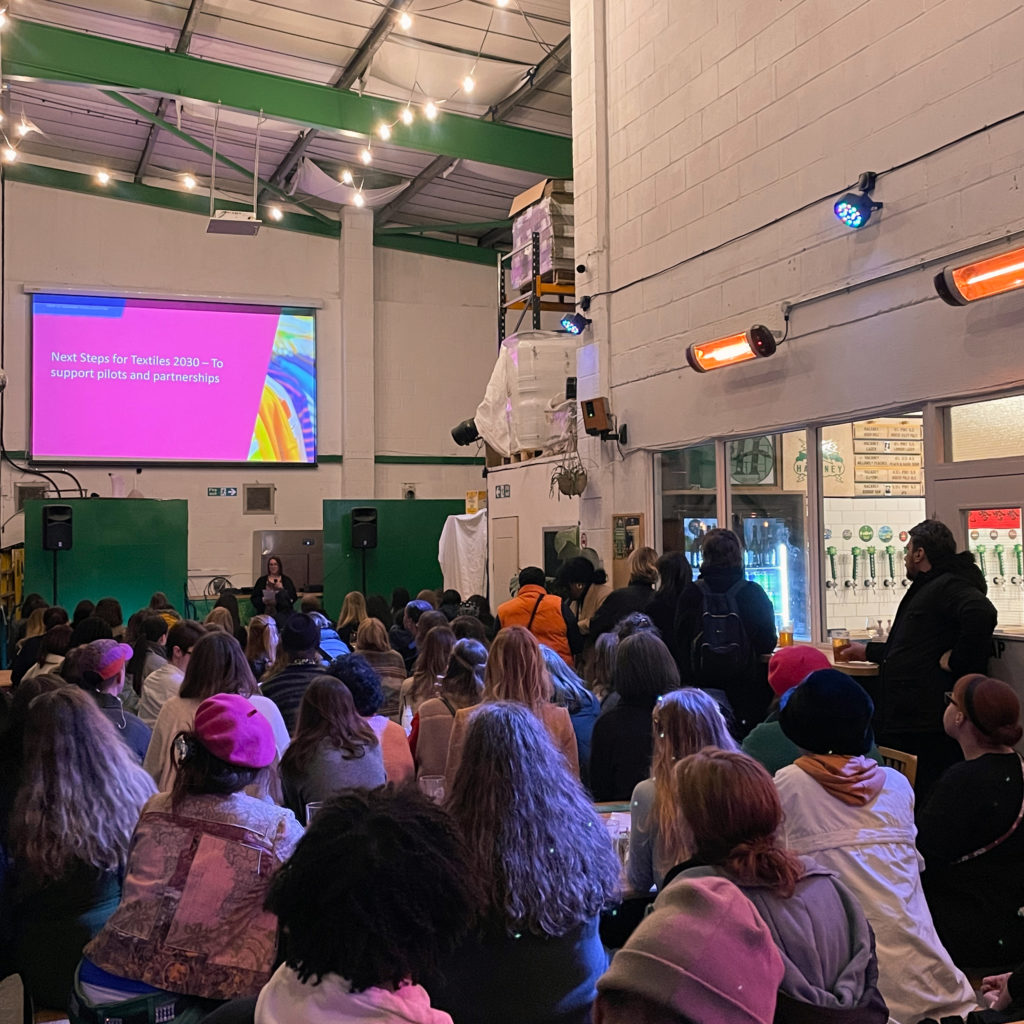
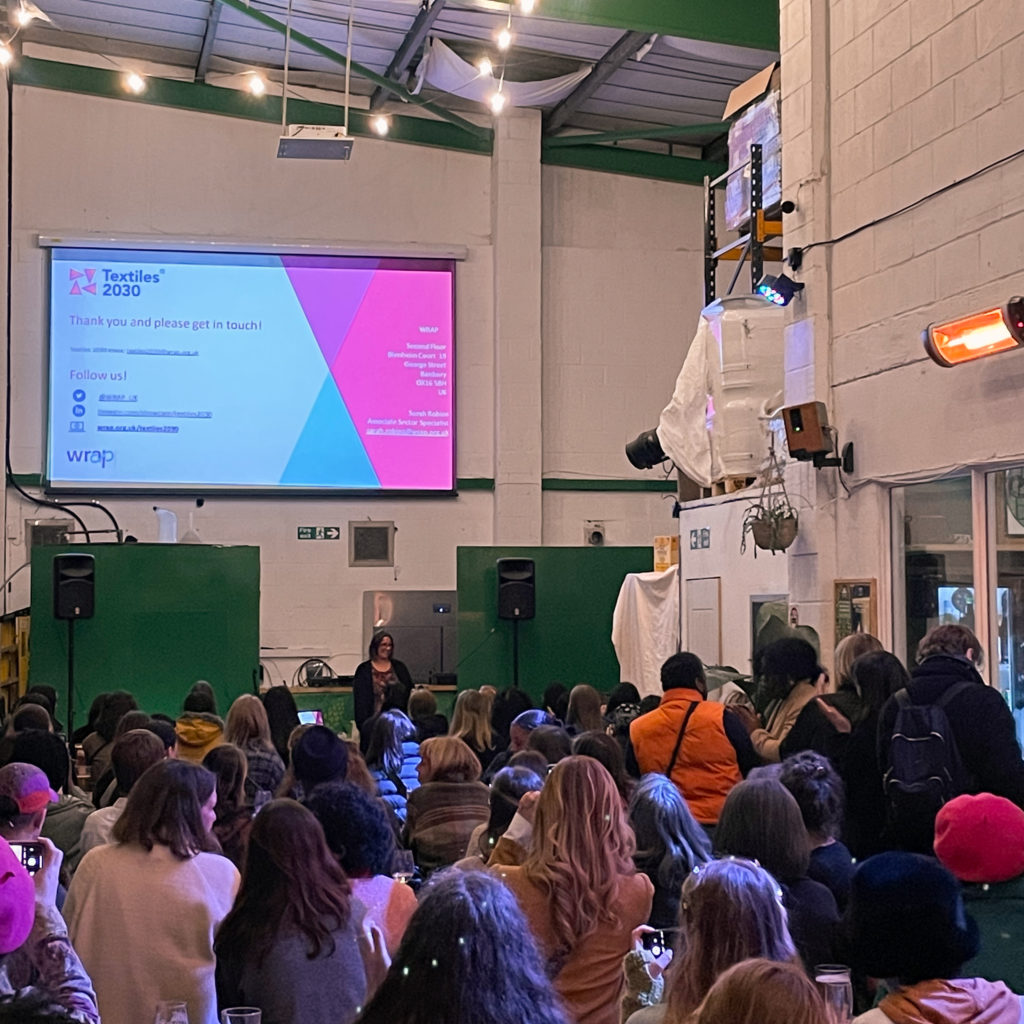
In the past two years, the initiative has received commitment from 120 signatories from across the textiles supply chain, including 62% of the UK’s market share of brands and retailers and the UK’s biggest charities.
For every industry to move towards a circular economy, Sarah broke down three key targets to make it more manageable for businesses:
“I want to highlight how critical circular business models are,” Sarah told the audience. “We need to encourage both businesses and citizens to extend the life of the clothing they already own and to use circular business models because we can’t make the changes needed by focusing on one area. It needs to be a holistic, whole lifecycle approach.”
To find out more information about Textiles 2030 and to access WRAP’s reports and guides, please head to their website.
THE SEAM: CULTIVATING CARE CULTURE
Layla Sargent, Founder and CEO, and Bronwyn Seier, Head of Brand at The Seam – a game-changing repair and alterations app – then took to the floor to present a case study of her business and how they operate using a circular business model. Frustrated with the tailoring industry and the lack of messaging around repairs, Layla felt compelled to help make a difference.
“In a nutshell, The Seam’s approach to circularity isn’t about creating new models for manufacturing,” Layla said. “It’s not to create new fabrics, it’s simply to help us as a community care better for the garments we already own. Since the 1970s, textile waste has increased by 800%, and in the UK alone, 30 million items of clothing are sent to landfill every week. The Seam’s main mission is to reduce the number of garments that end up in landfill by helping people to extend the lifecycle of their garments.”
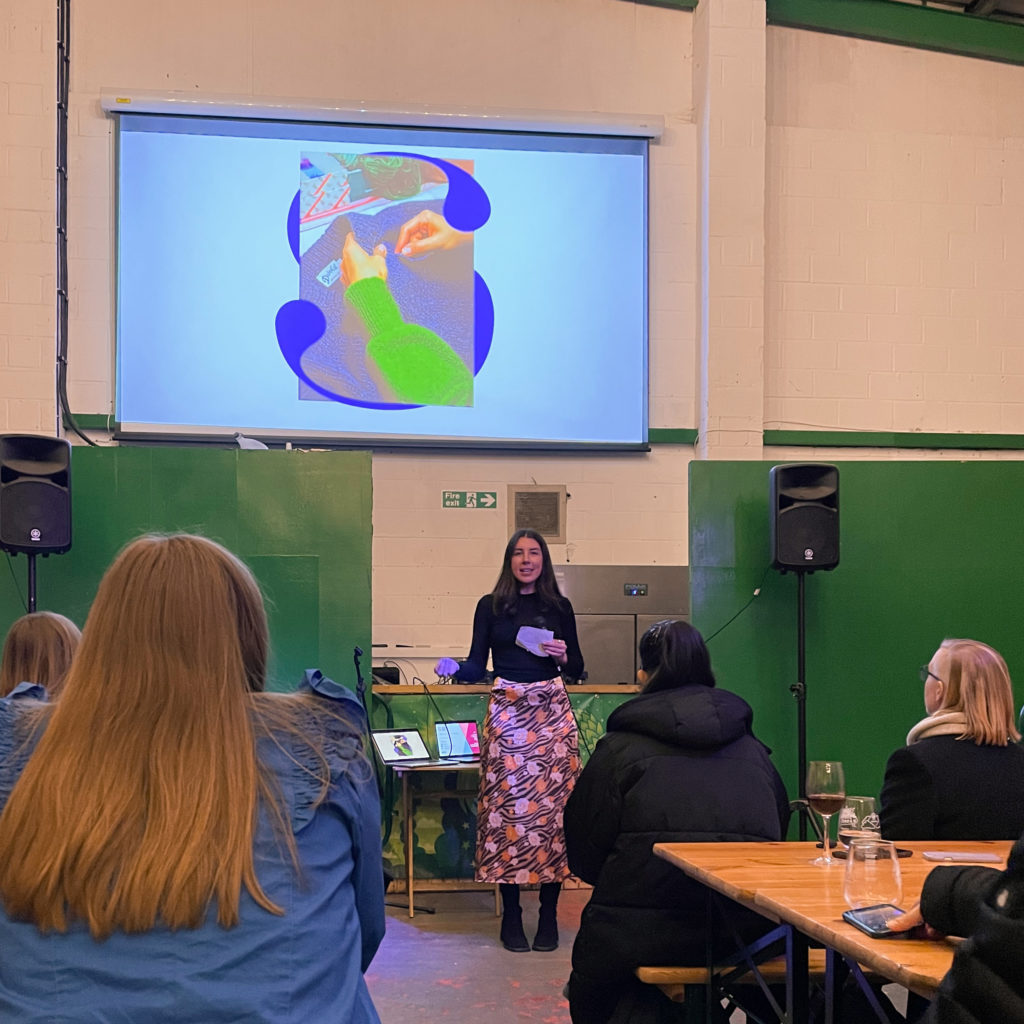
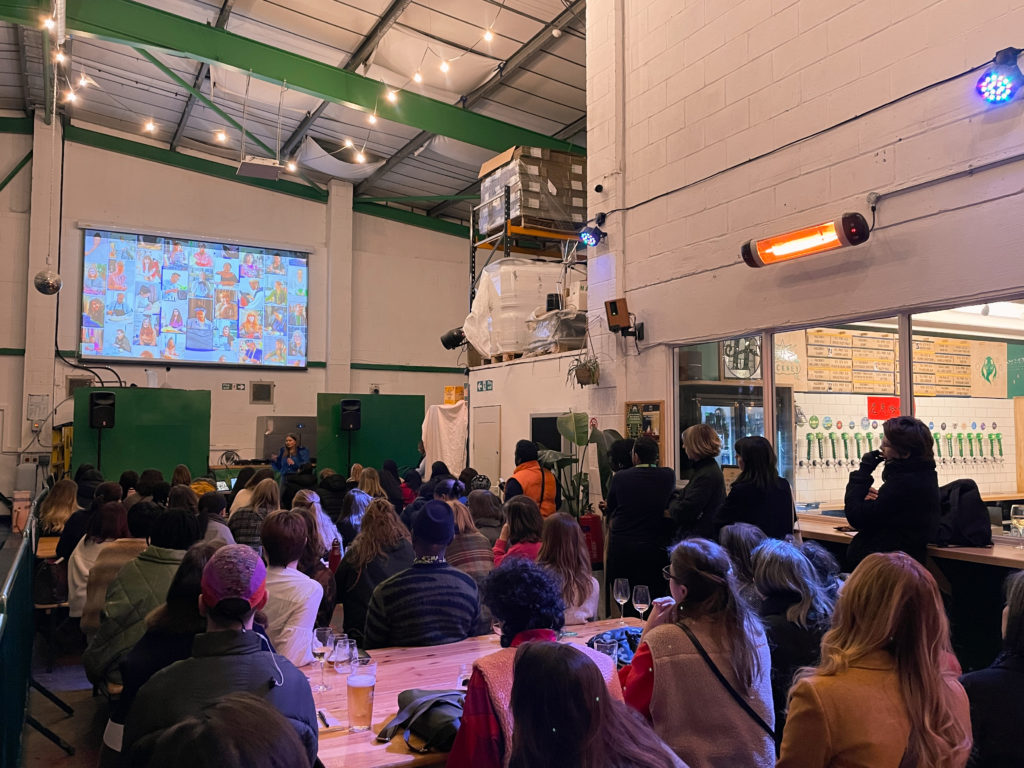
When it comes to circularity, here are The Seam’s key takeaways for the future of their business:
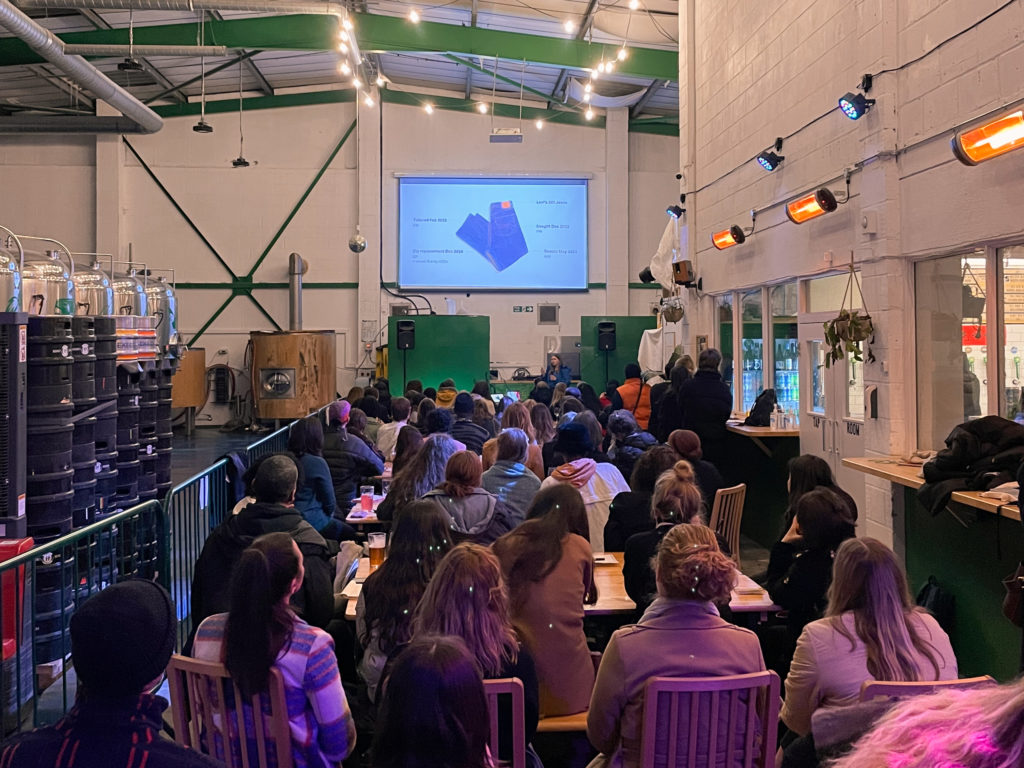
REPAIR, RESALE, REDISTRIBUTION
The remainder of the evening was spent partaking in roundtable discussions chaired by sixteen local business founders and entrepreneurs. The tables were categorised under the themes of repair, resale, or redistribution and attendees had the choice of sitting at the table they felt most drawn to. The group discussions were designed for attendees to brainstorm what actions could be taken by Waltham Forest to encourage businesses to repair and resell garments/products and redistribute textile waste. Afterwards, groups fed back their thoughts to the rest of the room.
REPAIR
The first group, chaired by Layla Sargent, Founder of The Seam, discussed providing pricing guidelines for repair services, as sometimes independent services find it difficult to price. They suggested that having a guideline as a baseline could give confidence to pricing decisions.
The second group, chaired by Tessa Solomons, a reuse and repair consultant, suggested that retailers form a dialogue with designers and manufacturers to understand whether their products can be repaired in the future, allowing them to make informed purchasing decisions and to better educate their customers.
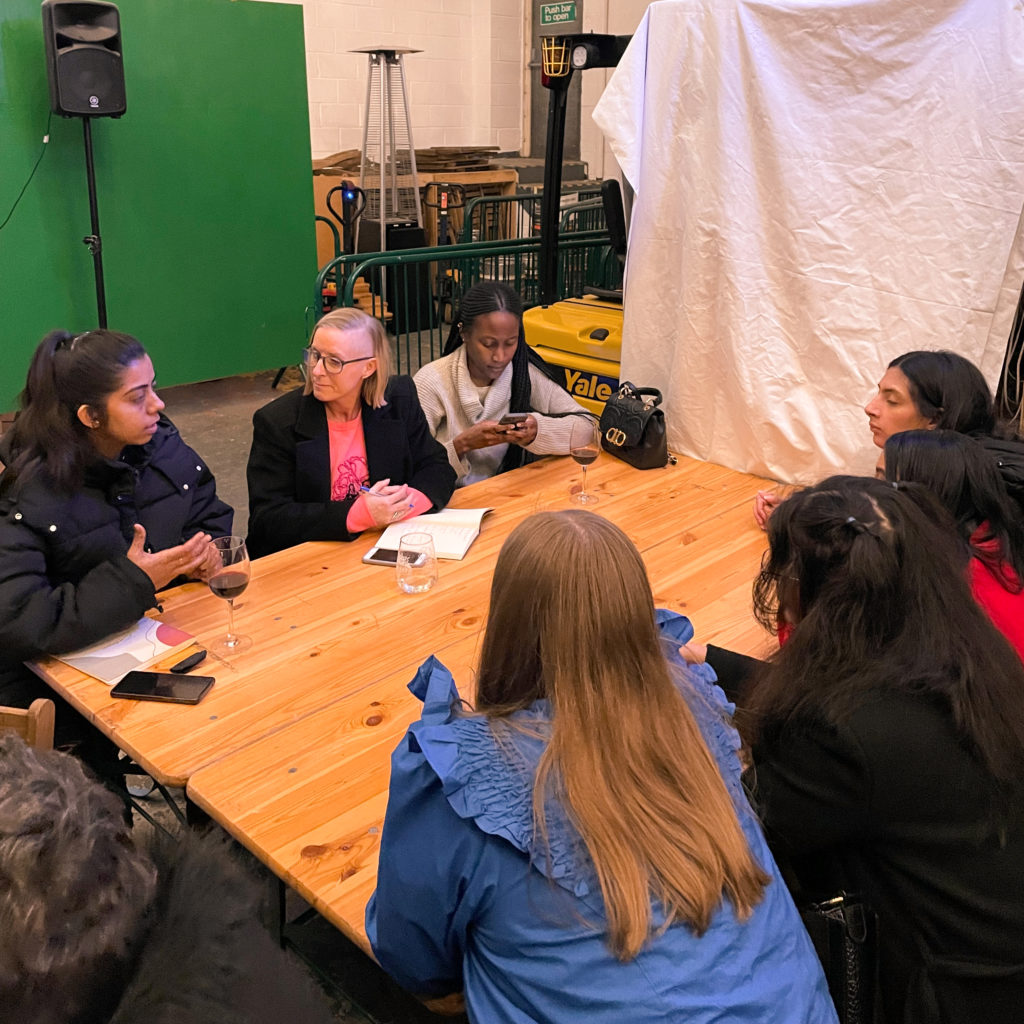
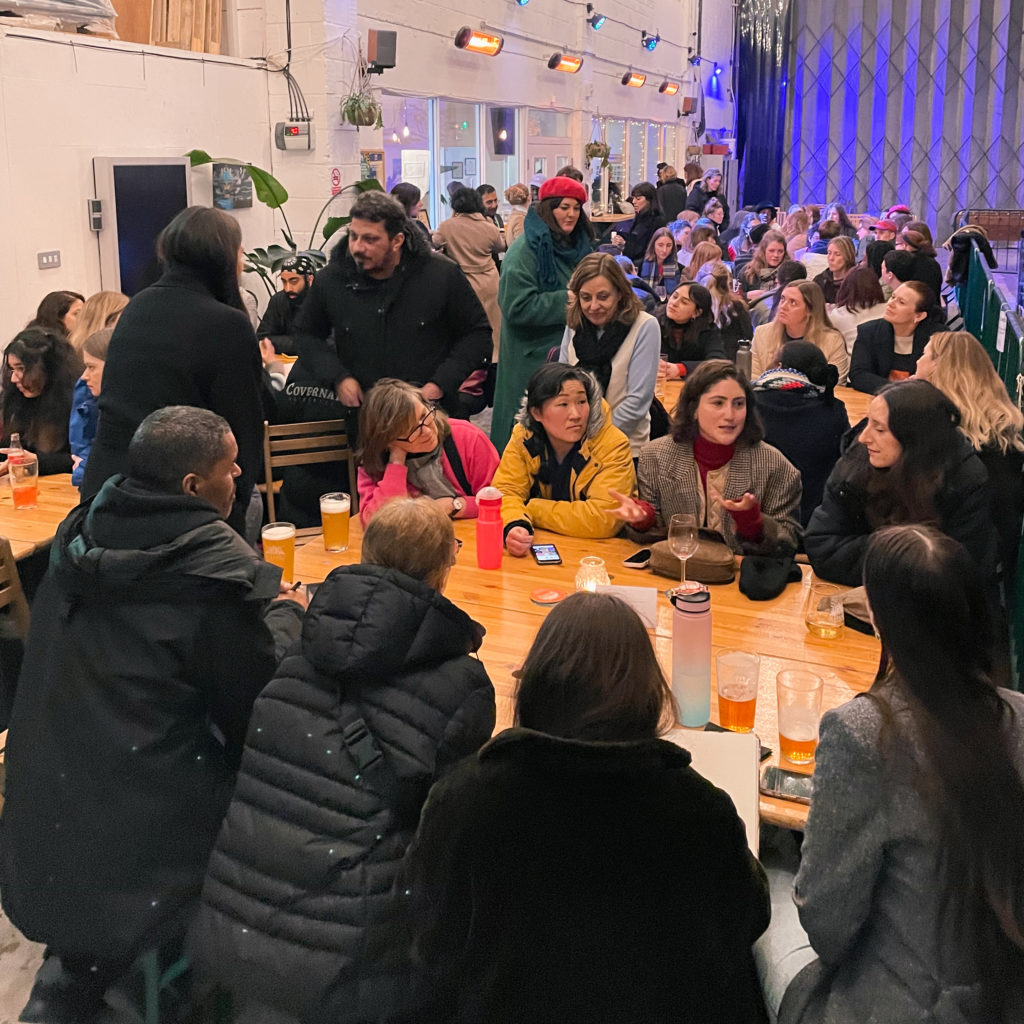
RESALE
On the children’s resale table, Louise Weiss, Co-Founder of dotte, discussed visibility, accessibility and attitudes towards second-hand clothing. They also felt the messaging behind buying second-hand garments needs to be inclusive and considerate of the motivation behind these purchases, as different connotations of ‘second-hand’ come with different budget availability.
On the second resale table, Jessica Brunt from Verte London said that her group felt that destigmatising second-hand shopping was important, and they suggested working with the London Borough of Waltham Forest to enable vacant retail spaces on high street to be used for sustainable businesses.
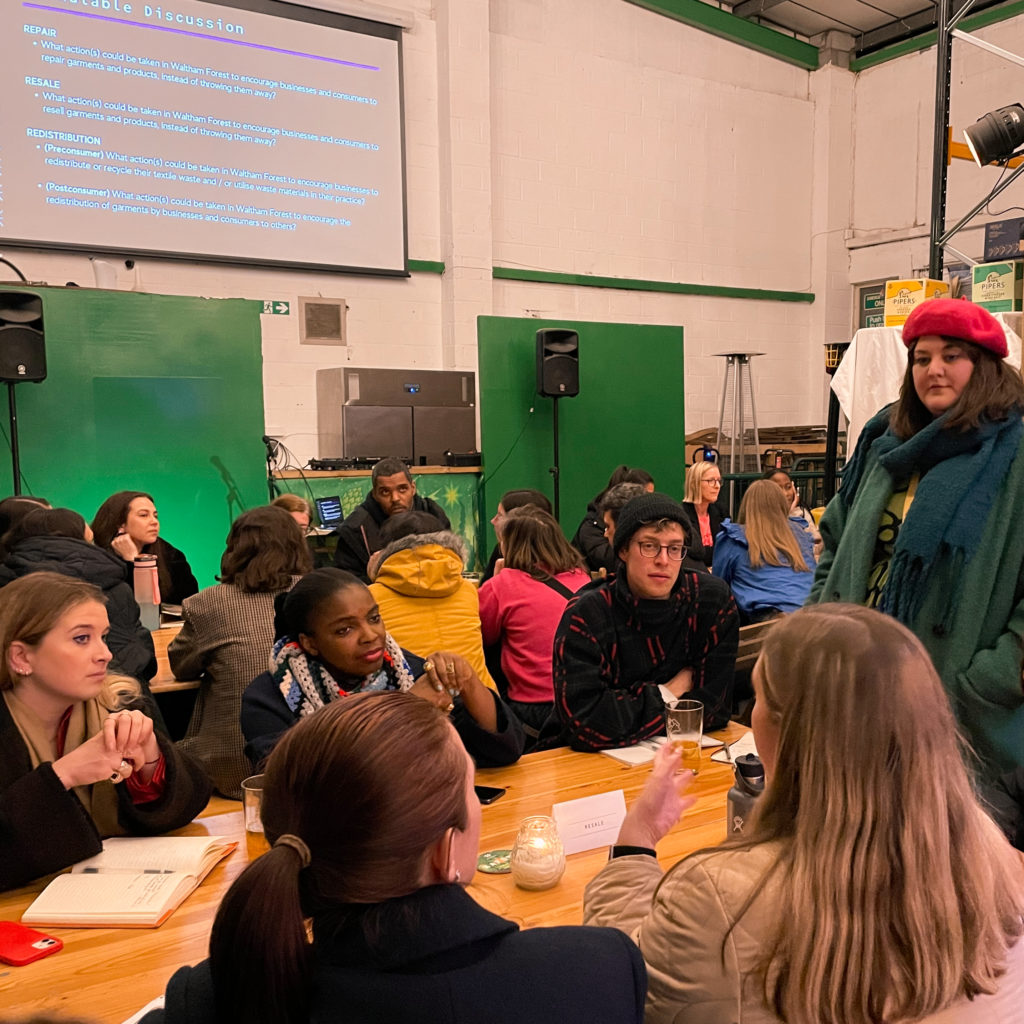
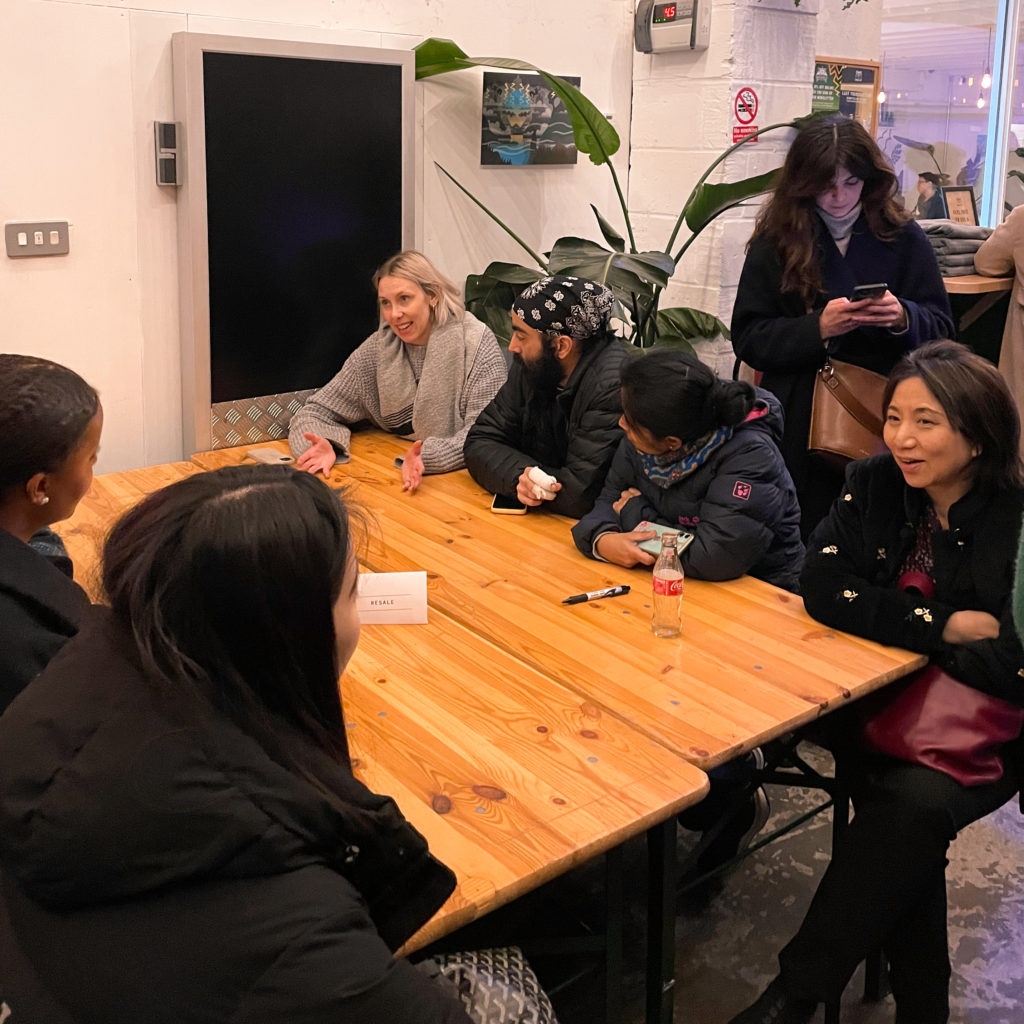
REDISTRIBUTION:
Piarvé Wetshi, Co-Founder of Last Yarn and Colèchi, said that there needs to be more visibility on the process of what happens to clothes when we recycle through charity shops and highlight the process of what happens to clothes that don’t sell. The group felt that some trust has been lost for charity shops with prices increasing and charity shops cherry-picking products to sell on other platforms at market rate.
Kaela, Founder of FibreLab, said that her group focused on pre-consumer textile waste. They proposed incentivising businesses to redistribute pre-consumer textile waste with initiatives like a discount on business rates. They also highlighted that encouraging businesses to sort at source, i.e. separating by fibre composition, and having exchange points for textile waste could increase the potential to redistribute and reuse fabric massively.
The last table, chaired by Sol Escobar, Founder of Give Your Best, and the Forest Recycling Project team, discussed the importance of raising awareness of sustainable initiatives with millennial and Gen-Z audiences. Sol stressed the importance of inclusion when discussing circularity, as five-and-a-half million people in the UK are living in clothing poverty and are unable to access second-hand selling platforms or be part of the fashion conversation.
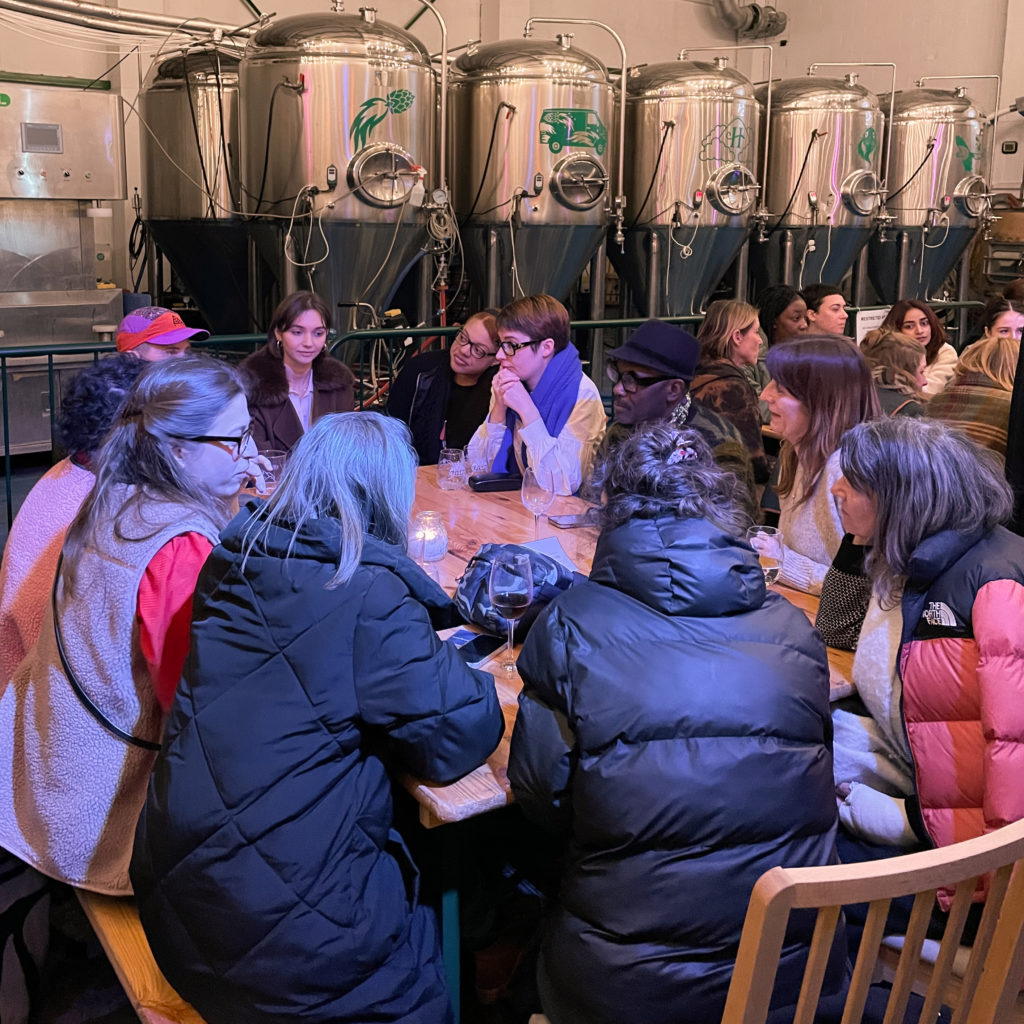
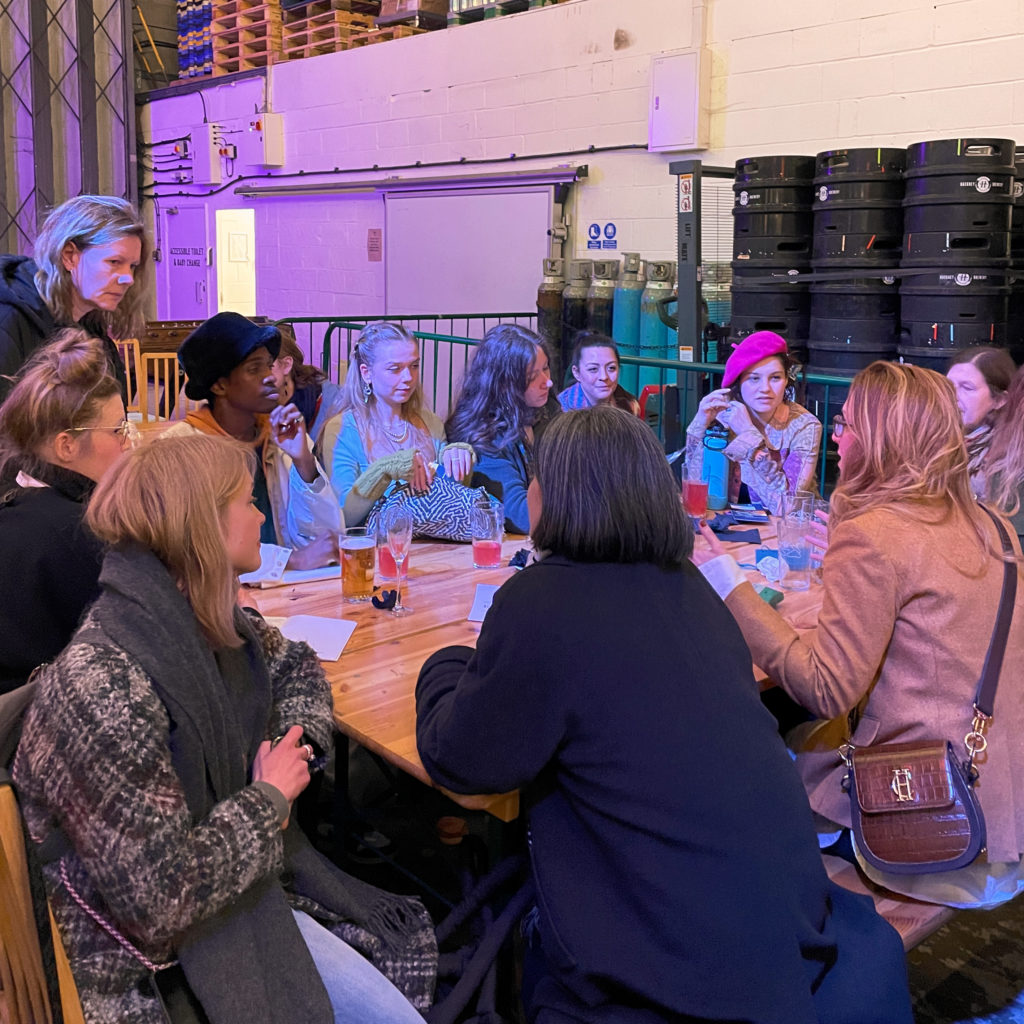
BUILDING CONNECTIONS AND CIRCULAR SYSTEMS
Afterwards, guests carried on their conversations, networked, and grabbed a slice of pizza and a drink from the bar.
Huge thank you to our guest speakers, Sarah Robins and Layla Sargent, as well as our fantastic table hosts:
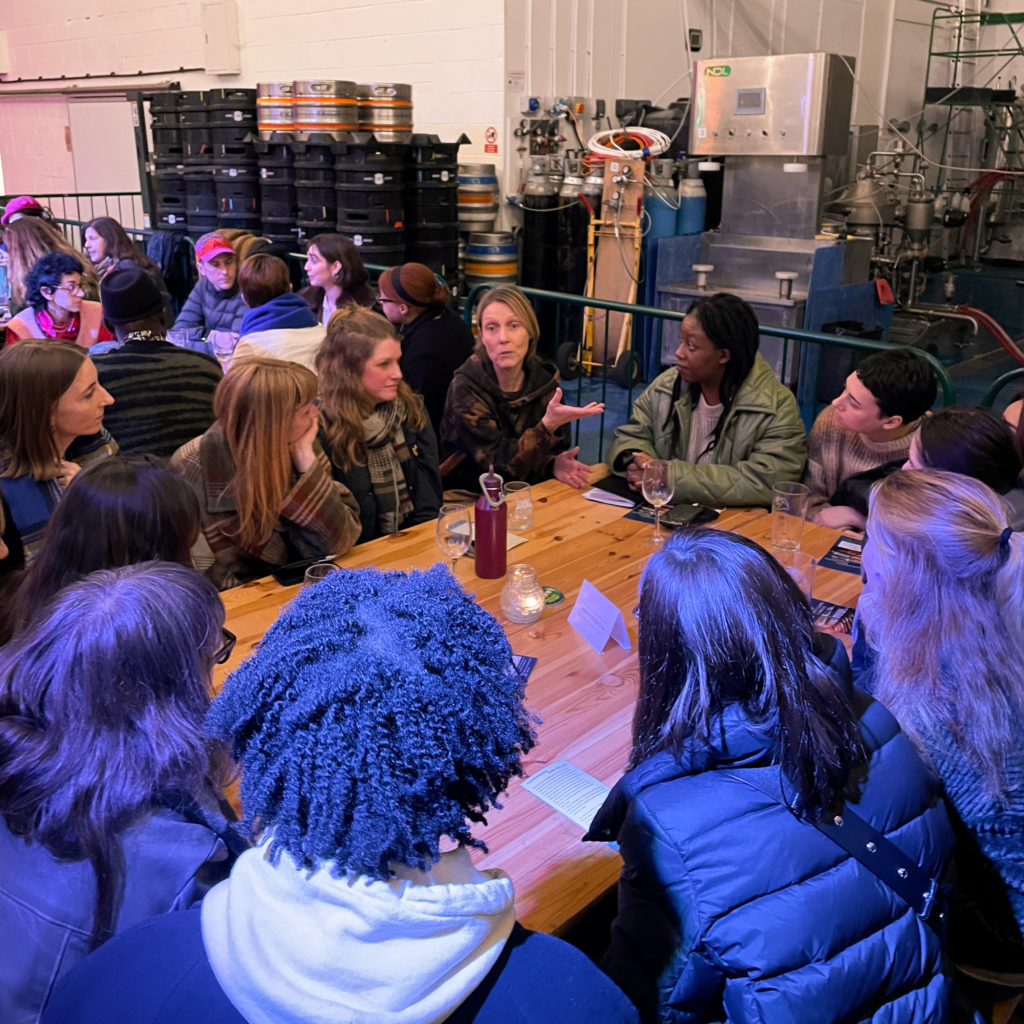
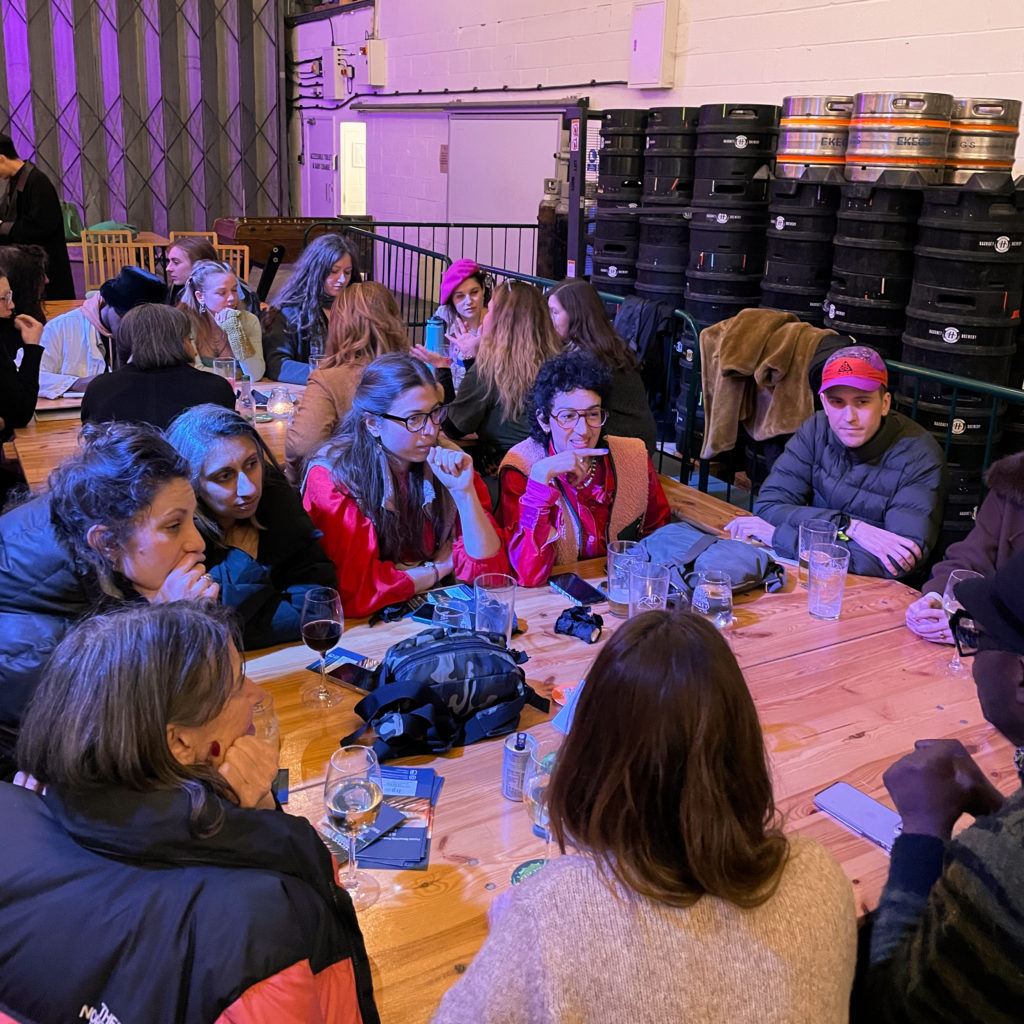
Missed out on this event? Hear about the latest Fashion District events by signing up for our newsletter or follow us at: